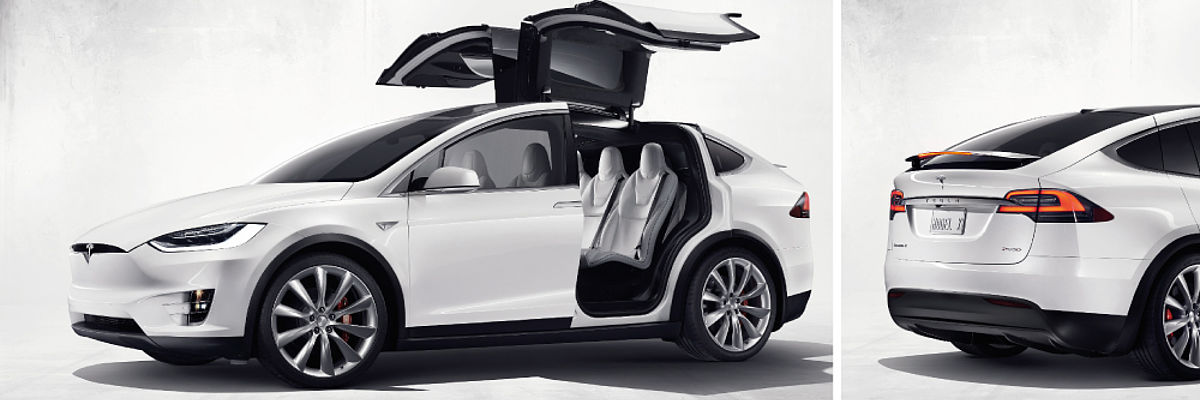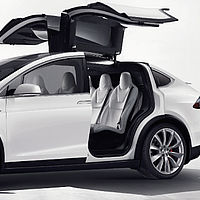An upside-down world. When the emissions scandal erupted in the media late last September, theoretically Apple Inc. could have simply bought up the premium German automakers. Volkswagen, BMW and Daimler in the hands of the world’s most valuable brand? It’s a scenario that is certainly no longer beyond the realm of possibility. Previously only a small minority of experts could imagine it. But now one thing is clear: the winds of digital change are blowing through the once impenetrable bastion of the automakers. A glance at the figures illustrates the power struggle: Apple, the manufacturer of computers, smartphones and entertainment electronics as well as various software products and applications, was valued at 582 billion euros on the stock exchange in the autumn of 2015. According to its own information, the company had cash reserves totalling nearly 180 billion euros. At the same point in time, Volkswagen was worth a little less than 58 billion euros on the stock exchange. BMW and Daimler – unaffected by the emissions mess as far as we know today – were listed at 48 billion euros (BMW) and 71 billion euros (Daimler). Incredible, but true: if it had wanted to buy up the pearls of German industry, Apple could have paid the necessary 177 billion euros in cash.
So much for theory. In practice, things look very different. The VW Law as well as the shares of the Porsche and Piëch families protect the Wolfsburg-based corporation. BMW is in the care of the Quandt and Klatten families, while Daimler’s stock is widely dispersed. The only large shares are held by the Emirate of Kuwait and the Renault/Nissan Group. That’s why the threat is coming from a completely different direction, because the American giant’s possible entry into the mobility business is nonetheless real. Against the background of alternative drive concepts and the growing significance of the Internet and entertainment electronics on board vehicles as well as digital value creation chains, Apple’s commitment would constitute a perfectly logical step.
“Automotive progress today is determined above all by modern software.”
Sebastian Thrun, former professor of artificial intelligence at Stanford University (USA) and vice-president of Google, revealed this to Manager Magazin back in 2014. The company’s entry into the mobility business is not official, however: in keeping with company tradition, Apple has made no official statement regarding any planned entry into the automobile business. Rumours of an “iCar” abound – bolstered by a whole series of telling clues. For quite some time now, for example, the Californians have been carrying out a massive expansion of their development department. According to the Wall Street Journal, Apple’s automotive plans are being drawn up in a secret department dubbed “Project Titan” with a current staff of 600 employees. That number is reportedly projected to rise to as many as 1,800 employees. Production is predicted to begin in 2020. The long-term goal, according to the rumours, is to develop a self-driving car. According to those same rumours, an Apple iCar would initially be powered by conventional means.




